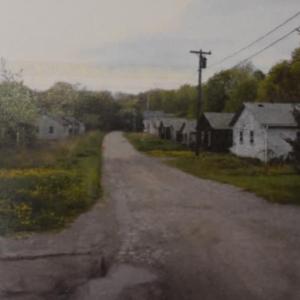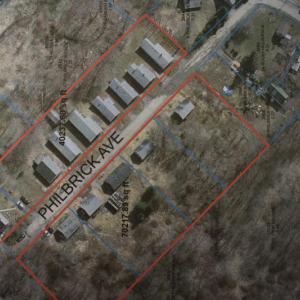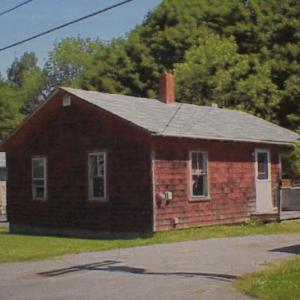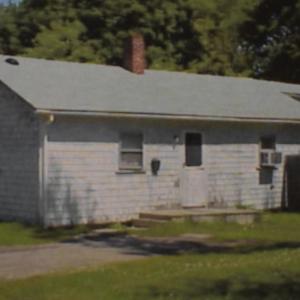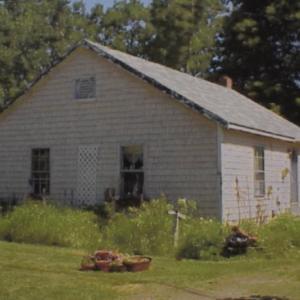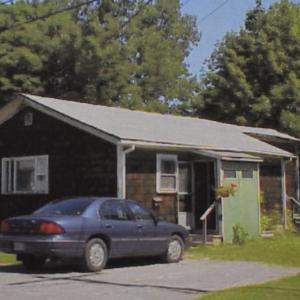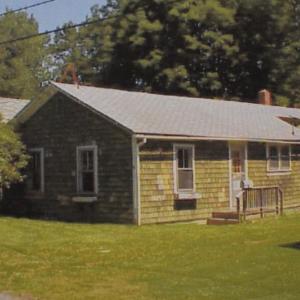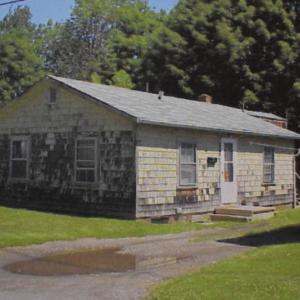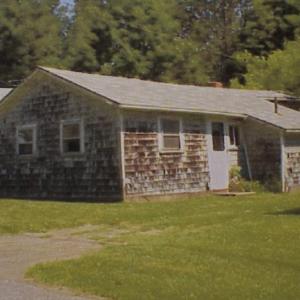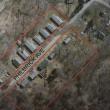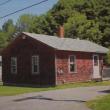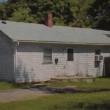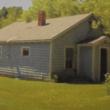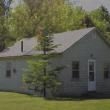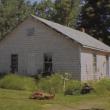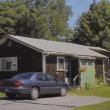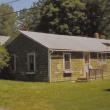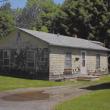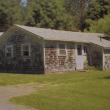Almost 100 years later, another Rockland small house development to take shape on Philbrick Ave.
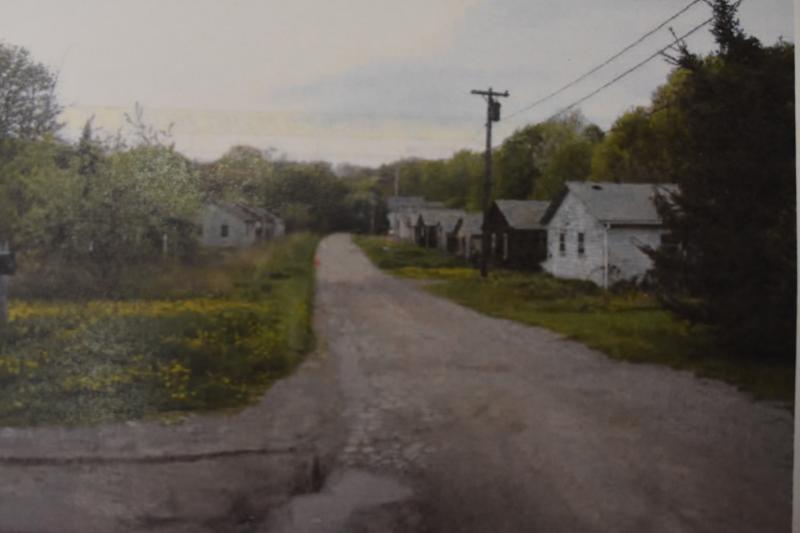 Some of the homes on Philbrick Avenue, in Rockland, prior to 2012, were as small as the proposed houses that required an ordinance amendment in 2019. (Photo courtesy Rockland Assessor’s Office)
Some of the homes on Philbrick Avenue, in Rockland, prior to 2012, were as small as the proposed houses that required an ordinance amendment in 2019. (Photo courtesy Rockland Assessor’s Office)
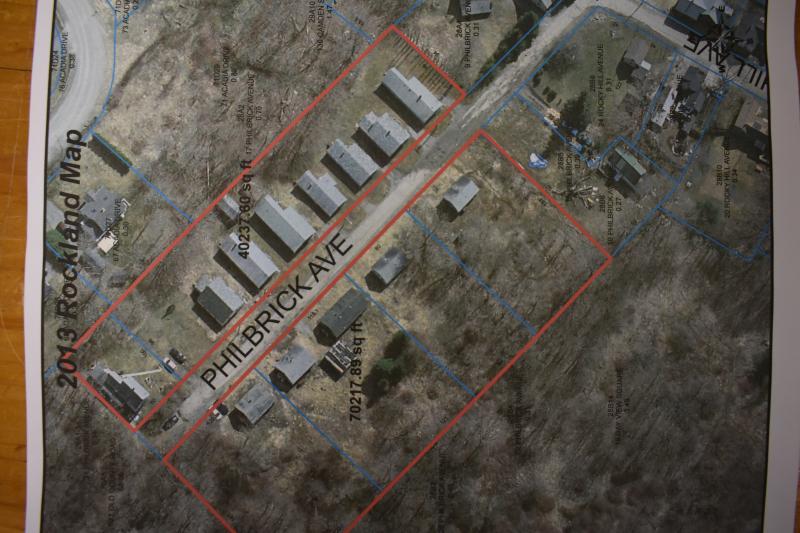 (Photo courtesy Rockland Assessor’s Office)
(Photo courtesy Rockland Assessor’s Office)
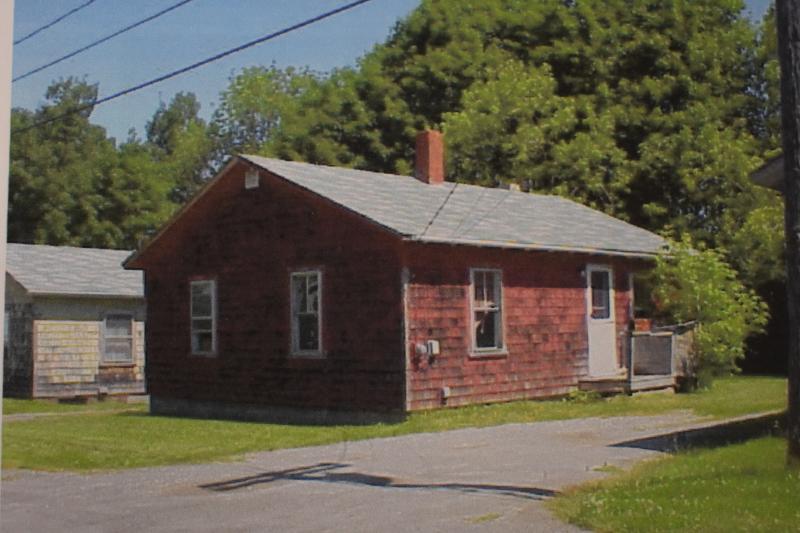 (Photo courtesy Rockland Assessor’s Office)
(Photo courtesy Rockland Assessor’s Office)
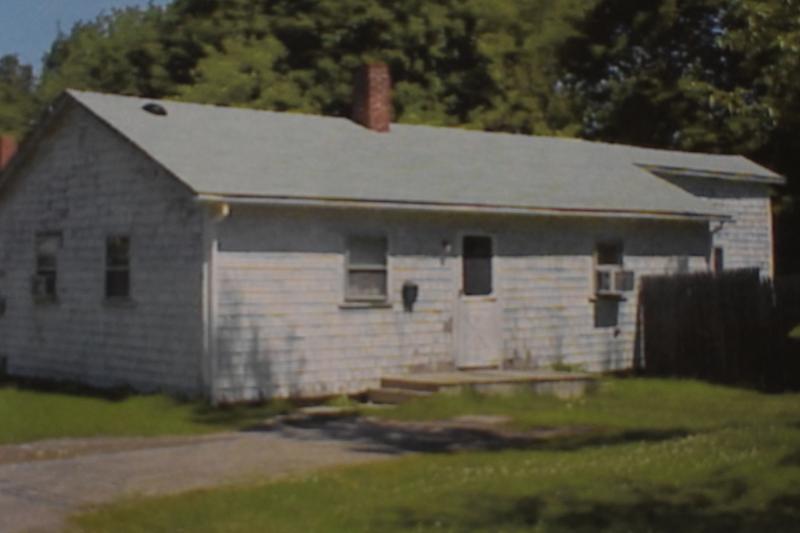 (Photo courtesy Rockland Assessor’s Office)
(Photo courtesy Rockland Assessor’s Office)
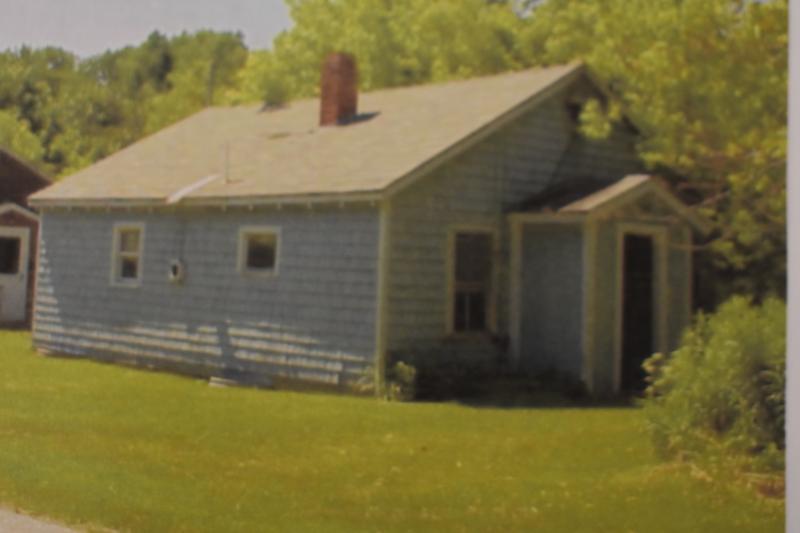 (Photo courtesy Rockland Assessor’s Office)
(Photo courtesy Rockland Assessor’s Office)
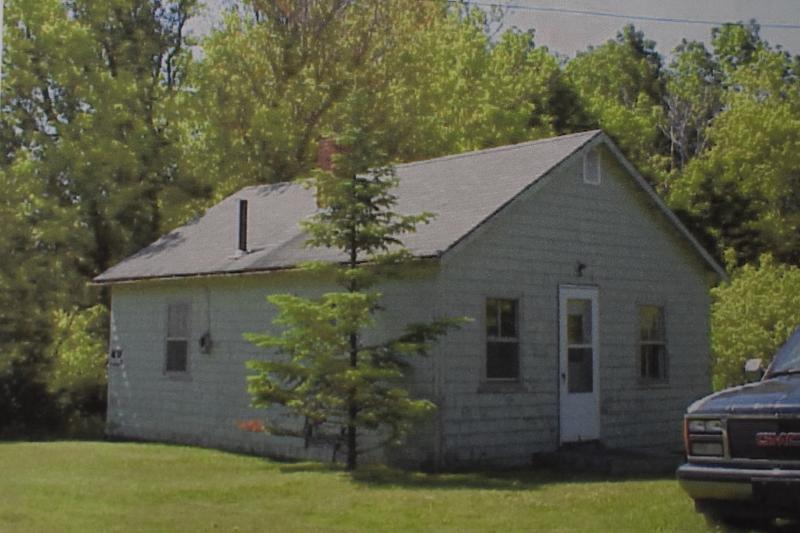 (Photo courtesy Rockland Assessor’s Office)
(Photo courtesy Rockland Assessor’s Office)
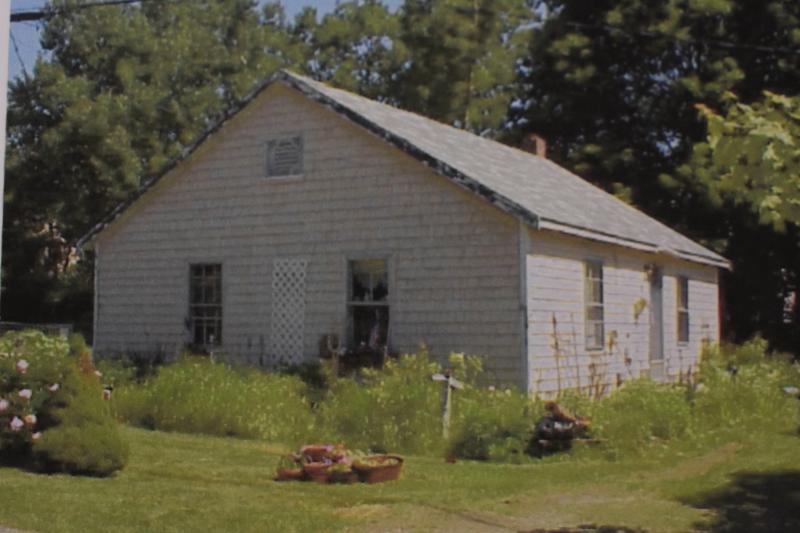 (Photo courtesy Rockland Assessor’s Office)
(Photo courtesy Rockland Assessor’s Office)
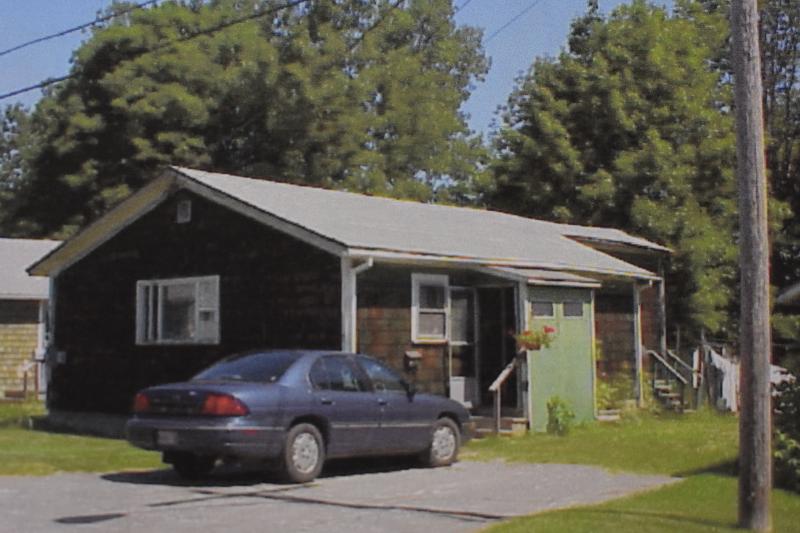 (Photo courtesy Rockland Assessor’s Office)
(Photo courtesy Rockland Assessor’s Office)
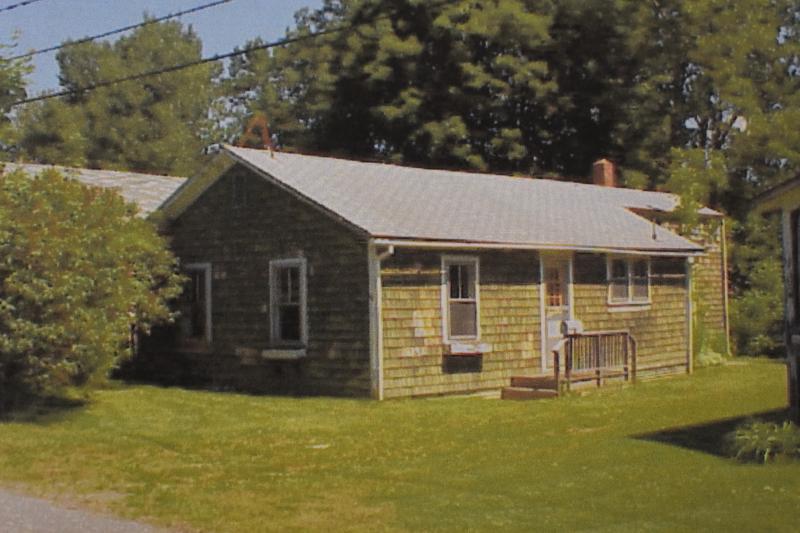 (Photo courtesy Rockland Assessor’s Office)
(Photo courtesy Rockland Assessor’s Office)
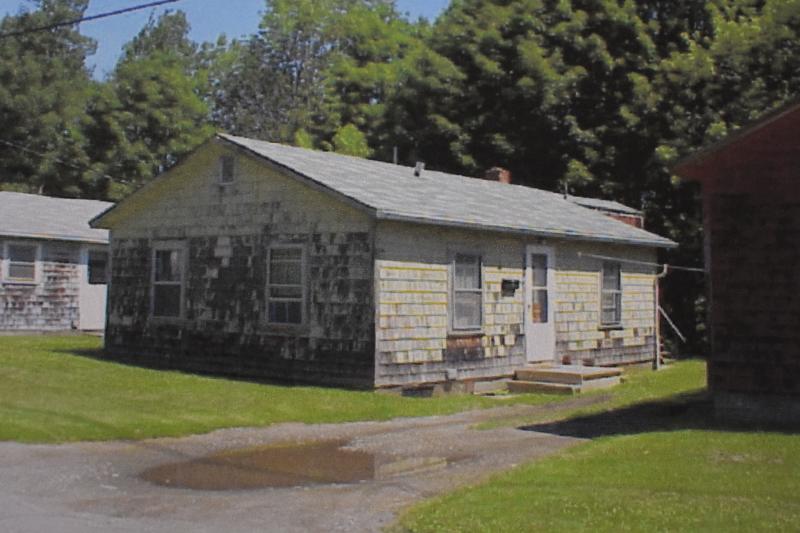 (Photo courtesy Rockland Assessor’s Office)
(Photo courtesy Rockland Assessor’s Office)
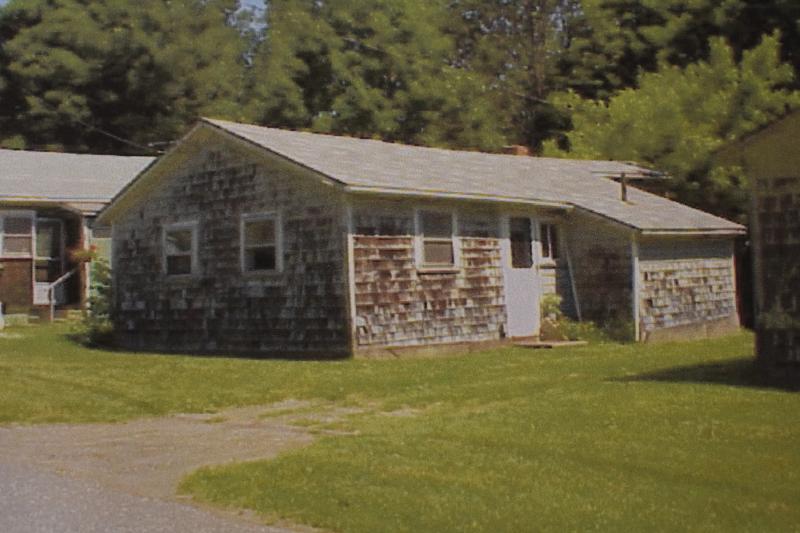 (Photo courtesy Rockland Assessor’s Office)
(Photo courtesy Rockland Assessor’s Office)
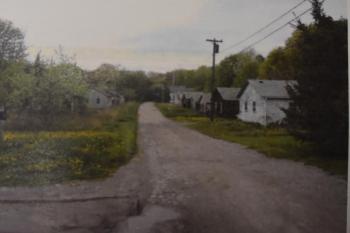 Some of the homes on Philbrick Avenue, in Rockland, prior to 2012, were as small as the proposed houses that required an ordinance amendment in 2019. (Photo courtesy Rockland Assessor’s Office)
Some of the homes on Philbrick Avenue, in Rockland, prior to 2012, were as small as the proposed houses that required an ordinance amendment in 2019. (Photo courtesy Rockland Assessor’s Office)
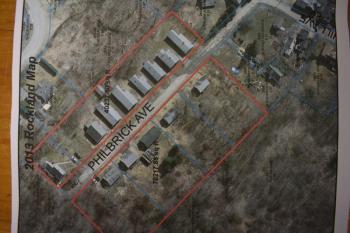 (Photo courtesy Rockland Assessor’s Office)
(Photo courtesy Rockland Assessor’s Office)
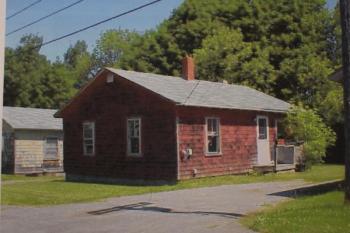 (Photo courtesy Rockland Assessor’s Office)
(Photo courtesy Rockland Assessor’s Office)
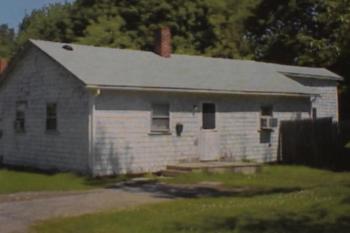 (Photo courtesy Rockland Assessor’s Office)
(Photo courtesy Rockland Assessor’s Office)
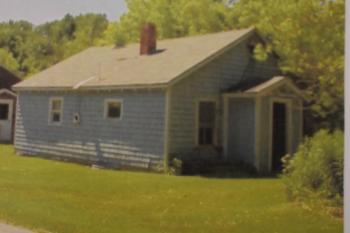 (Photo courtesy Rockland Assessor’s Office)
(Photo courtesy Rockland Assessor’s Office)
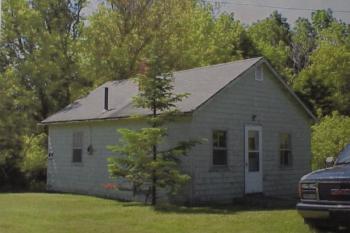 (Photo courtesy Rockland Assessor’s Office)
(Photo courtesy Rockland Assessor’s Office)
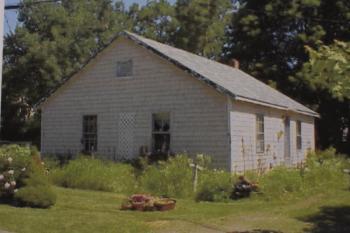 (Photo courtesy Rockland Assessor’s Office)
(Photo courtesy Rockland Assessor’s Office)
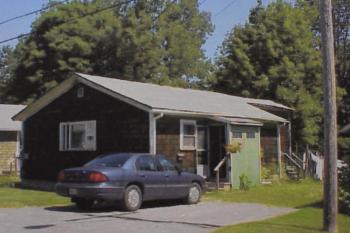 (Photo courtesy Rockland Assessor’s Office)
(Photo courtesy Rockland Assessor’s Office)
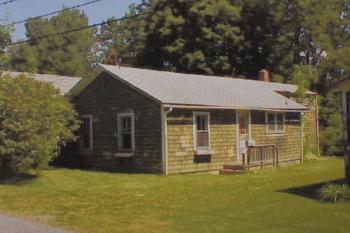 (Photo courtesy Rockland Assessor’s Office)
(Photo courtesy Rockland Assessor’s Office)
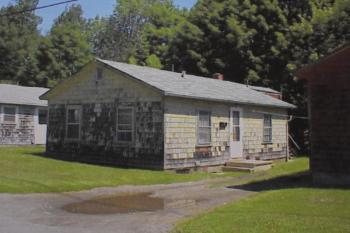 (Photo courtesy Rockland Assessor’s Office)
(Photo courtesy Rockland Assessor’s Office)
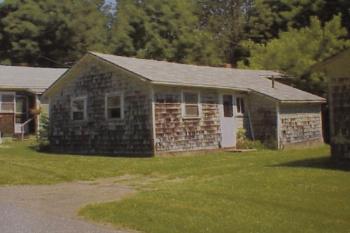 (Photo courtesy Rockland Assessor’s Office)
(Photo courtesy Rockland Assessor’s Office)
ROCKLAND — Almost 100 years after Eugene Philbrick constructed a number of small houses at the end of a Rockland street, a new neighborhood is closer to reality in the same locale.
Those homes, if permitted, are to be approximately the same size, and nearly in the same position as their predecessors.
Midcoast Habitat for Humanity purchased the lot, with a land value of $27,500, from Madeline Philbrick’s estate, Jan. 1, 2017.
Since then, the nonprofit has been working to develop a subdivision of affordable housing through small houses (A Tiny House is anything less than 400-square-feet in size). A conflict of land space required Habitat to request reductions in a City zoning and setback ordinance, for their proposed 500 to 750-square-foot homes.
On Monday, March 11, City Council members approved the amendment for this specific subdivision.
In 1922, when Eugene Philbrick started the construction of several two-bedroom structures ranging in size from 599 square-foot to 832 square-foot, its future residents called Adams Street home.
The street appears on an 1873 map of the city as a thoroughfare to property owned by boatbuilder Cephas Starrett, who lived in Washington with his wife, Mary Tolman.
From an assessment of old phone directories at the Rockland Historical Society, a bell curve of life on the street unfolds.
Five houses occupied Adams Street in 1904. In 1912, six existed. Then eight in 1917. Ten, in 1926. And, in 1929, 12.
In 1940, Adams Street became Philbrick Avenue, named after Eugene (Gertrude) and his brother, Rhama, who operated Sea View Garage as president and treasurer, respectively.
By 1952, 16 houses existed.
At some point, Madeline Philbrick became executor of the structures built in 1922. Those homes included 17, 19, 21, 23, 25, 27, 28, and 30.
17 Philbrick Ave was a one-story, two bedroom, one bath with an asphalt roof, concrete block foundation, crawl space basement, and minimal insulation.
Other buildings had pine floors, piers foundation, drop siding walls, dry wall, and wood joists.
Somewhere among the years, the houses deteriorated, as did the septic system availability for the avenue.
In 1999, 19 Philbrick Avenue received a land value assessment of $22,500, and a building value of $52,000, for a total of $74,500. This was a change from previous assessments.
“Value lowered because it was not rentable,” said a memo by Assessor’s Clerk Susan Lombardo at that time.
The same year, 28 Philbrick Avenue held a land value of $9,600, and a building value of $9,800, for a total of $19,400, “100 percent of market value,” according to the assessment memo.
In assessments of April 2002 and April 2003, 28 Philbrick Ave had no plumbing, electricity, heat, or septic within it’s four-room, 1 bathroom structure.
26 Philbrick Ave had no flush and the furnace didn’t work.
16 Philbrick Ave had no septic, and the tenant had been removed.
A few of the buildings were demolished June 1, 2012. Another four were leveled in April 2013.
Madeline Philbrick died Dec. 6, 2016, and the grass grew wild until Midcoast Habitat for Humanity proposed a return of the neighborhood.
As a “green building,” or energy-intensive building, utility bills for these new homes will be greatly reduced, according to Councilor Valli Geiger.
Tia Anderson, director of Midcoast Habitat for Humanity, already has a list of people wanting to live in these houses, according to City Councilor Amelia Magjik, during the March 11 meeting.
“I have to tell you,” she said. “That is very exciting to me. Not only is she fulfilling the mission of her organization, but she’s expanding the horizons of her organization in doing this in sort of a new way.
“Here, we are making affordable housing for all kinds of people....This is a really big turn of events....I’m talking about a bit of a paradigm shift. And I feel personally that it is very positive for Rockland.”
Reach Sarah Thompson at news@penbaypilot.com
Event Date
Address
United States

